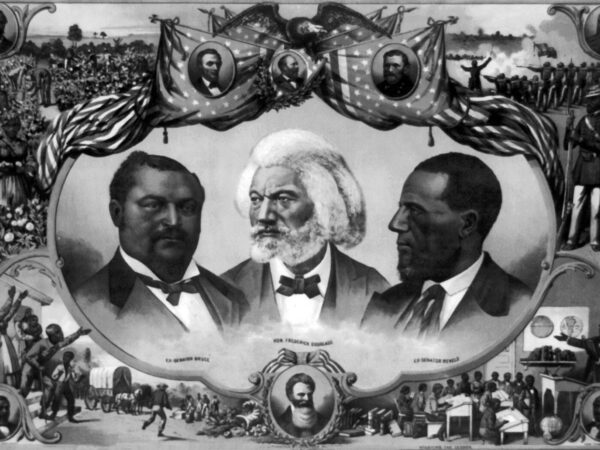
The Spirit is the decisive factor in any ethical and political existence that would strive for truth, for justice, and for a mode of persuasion that can challenge the world’s assumptions of what is possible without rhetorically pulverizing those who do not yet agree or pretending that we are better or wiser than we really are.

Put on your feet whatever will make you ready to proclaim the gospel of peace. These shoes are not weapons, nor are they articles of protection. We are instructed to put on a pair of shoes that makes us ready to proclaim the gospel of peace. We are not prescribed jackboots to save ourselves. Nor are we charged with some soft slipper of gentleness. We are instructed to find shoes that make us ready to proclaim the gospel of peace.

The Jews is the great constant of this book, persisting from Old Testament to Tel Aviv, as an ahistorical collective, undisturbed by text and politics, what the book calls ethnos, goy. This book’s apriori is the Jews as a goy.







